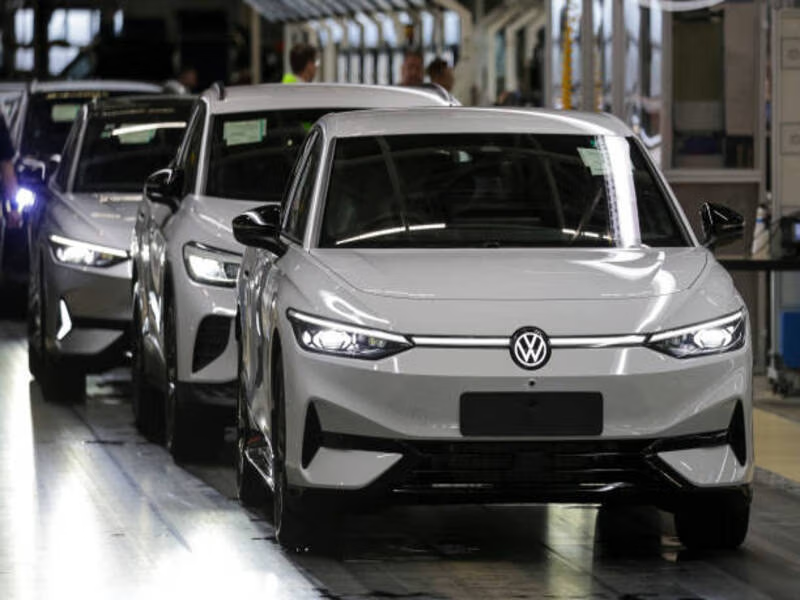European share markets of the largest carmakers were down on Wednesday, as there is fear that recent attempts by the European Union to cushion the domestic steel industry may jeopardize the automobile industry in the region.
The executive arm of the EU, the European Commission, on Tuesday stated that it intends to increase steel tariffs and reduce import quotas drastically, aiming at providing high and “strong and permanent protection” to the steel industry in the region.
This proposal consists of the initiative to restrict the quantity of tariff-free imports to 18.3 million tons annually, which is a 47 percent lower level than the 2024 steel quotas, and increasing tariffs to 50 percent on any surplus imports.
The announced plans have failed to receive a warm welcome in the European automotive market.
The Stoxx Automobiles and Parts index of Europe dropped 1.8 per cent at about 12:14 p.m. London time (7:14 a.m. ET) on Wednesday, topping regional losses.
The European Automobile Manufacturers Association (ACEA), which is an industry lobby group, responded to the announcement of the EU by claiming that the proposal is excessive and poses an increased input and administrative burden to the automakers.
Director general of ACEA, Sigrid de Vries, indicated that European automakers source about 90 percent of their direct steel buying within the EU are “most concerned about the inflationary impact that an effective continuation of the safeguard will have on European market prices.”
She further said, “We do not contest the need for some level of protection for a commodity industry like steel, but we feel that the parameters as proposed by the Commission go too far in ring-fencing the European market.”
In this measure, de Vries of ACEA preferred a better balance between the news of European manufacturers and consumers of steel.
BMW shares crashed down individual stocks; therefore, Germany-based BMW dropped almost 8 percent on Wednesday, sliding to the lower end of the pan-European Stoxx 600 index.
The Munich-based carmaker, which is allegedly on course for its worst trading record since September last year, sent out another profit warning on Tuesday, pointing to the sluggish expansion in China and the continued effects of U.S. import tariffs.
Rico Luman, senior sector economist at Dutch bank ING on transport and logistics, said the profit of BMW was “disappointing” and not a good sign, with the automakers in Europe confronting numerous challenges.
Luman added CNBC via email that “During the 2Q figures presentation, they were still rather upbeat about dealing with the reality and holding up margins, but that relative optimism seems to have faded now.”
The Mercedes-Benz Group, Porsche, and Volkswagen of Germany had a negative change of about 2 percent.
Renault shares in France and Stellantis in Milan had been down 2.5 percent and 0.3 percent, respectively. Meanwhile, in U.S. premarket trade, Ford and Stellantis shares listed in New York were last traded slightly higher.






